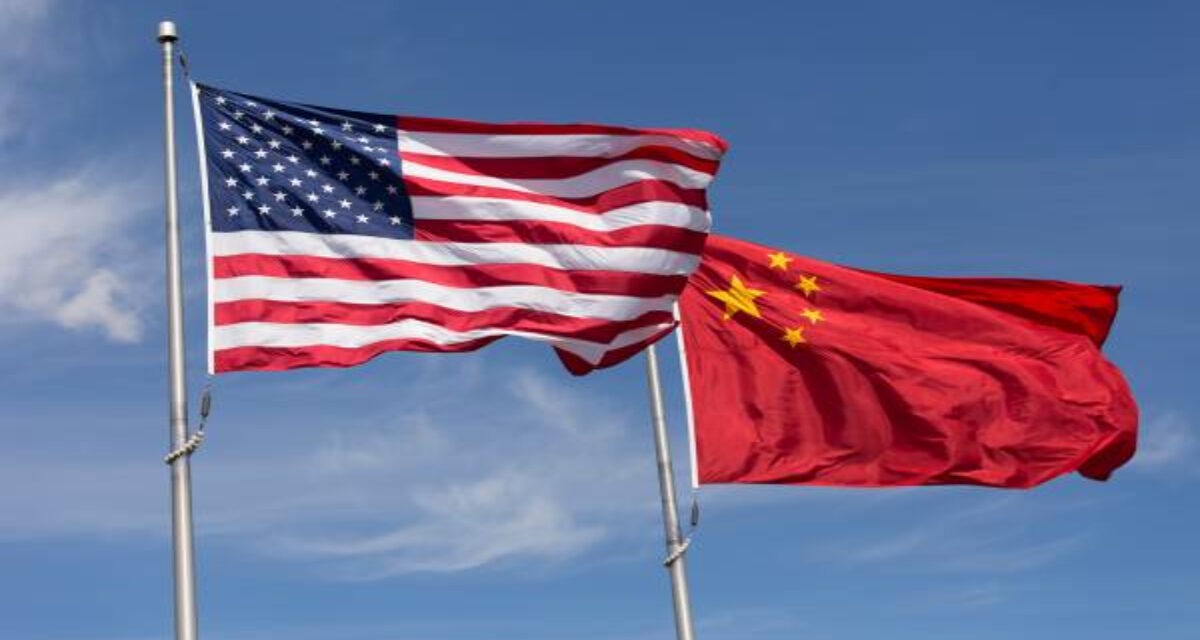The deal reduces tariffs and de-escalates the ongoing trade war.
On Monday, the U.S. and China agreed to lower tariffs in a move that de-escalates a potential trade war.
The U.S. agreed to lower the base level of tariffs on most Chinese goods to 30% from 145%. The 30% rate includes a levy related to China’s alleged role in the fentanyl crisis that has plagued the United States and has become a focal point of President Trump during his term.
China said it would cut its levies on U.S. products to 10% from 125%. It also said it would cancel or suspend some nontariff trade measures it has imposed to retaliate against the U.S., which would potentially include easing export restrictions on critical minerals.
U.S. duties on steel, aluminum, and autos will remain in place under the new trade agreement, as well as some earlier tariffs imposed by former President Biden and President Trump.
The U.S. and China have agreed to keep the agreed upon tariffs in place for 90 days. The countries plan to continue working toward a broader deal on trade in the coming months.
At a news conference in Geneva, Treasury Secretary Scott Bessent said the U.S. was seeking “a long-lasting and durable trade deal” with China, and that “neither side wants to decouple.”
Bessent said Washington and Beijing have agreed to a framework to keep trade talks progressing. The disagreement over China’s role in the fentanyl crisis has been a barrier during such negotiations.
A joint statement read, “These discussions may be conducted alternately in China and the United States, or a third country agreement of the Parties. As required, the two sides may conduct working-level consultations on relevant economic and trade issues.”
A spokesperson for China’s Commerce Ministry called the joint statement “an important step by both sides to resolve differences through equal-footing dialogue and consultation, laying the groundwork and creating conditions for further bridging gaps and deepening cooperation.”
During Trump’s second term, the president has prioritized raising tariffs on China. He said China has been ripping off the U.S. for decades, and it was time to increase the pressure.






